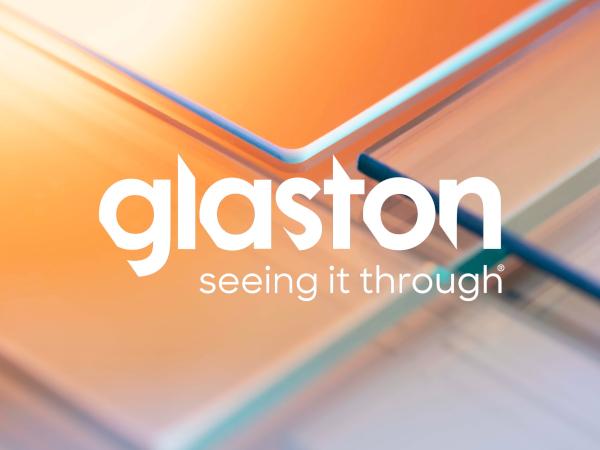
Date: 15 February 2024
Since the previous strategy update in August 2021, there have been significant changes in the global economy and Glaston’s addressable markets started to soften in 2023. Due to these changes, the time for reaching the strategic targets has been modified to reflect the current expectations. Glaston has adjusted the timeframe for achieving the strategic targets from 2025 to the medium-term (3−5 years) except for the emissions reduction targets with a timeframe up to 2032.
Glaston has also slightly updated the net sales target and expects the annual average growth to exceed the addressable equipment markets’ growth. The updated target for comparable return on capital employed (ROCE) is above 16%. The target for the comparable operating margin (EBITA) of 10% remains unchanged.
Glaston currently estimates the annual addressable equipment market growth for architectural glass processing to gradually recover from -6% in 2023 back to approximately 5% during 2025−2026. The addressable equipment market for mobility, display and solar glass processing is expected to grow more than 5% each year.
“During the first years of our strategy execution, the focus has been on developing and launching a competitive offering to the market, and our investments in customer-driven product development and enhancing the production capabilities are starting to pay off. While we continue to develop our portfolio to harness the growth potential, we will put more focus on lifecycle revenue growth, utilizing the global benefits of scale and further improving operational efficiency and profitability.
We are confident that prioritizing our strategic actions, focusing on customer experience and keeping sustainability at the core of technology and process development pave us a good path toward achieving our strategic targets,” says Antti Kaunonen, Interim CEO of Glaston Corporation.
Addressing growth and profitability
Megatrends continue to support Glaston’s business in the longer term. In particular, climate change and increased demand for energy-efficient solutions as well as an increased pressure for renewable energy production are areas where Glaston is well-positioned to provide the solutions that address these demands. Especially the demand for Glaston’s insulating glass technologies is driven by these megatrends. To address the growth potential in the solar market, Glaston has introduced the CHF Solar offering for solar glass processing, and the first lines are currently being installed at the customer site.
Since August 2021, the market situation in China has changed, mainly due to the slowdown in the architectural glass market. Despite the strong growth in the solar and mobility glass markets, the overall market uncertainty is high. In 2023, China’s share of Glaston Group’s net sales reduced to 8% from 12% in 2022, while China’s order intake has clearly recovered in the past quarters due to the strategic investments and the development of the Chinese operational structure starting to pay off. Glaston continues to see China as a growth market for selected products and looks for further growth opportunities for China-made offering in several other price-conscious regions.
As a technology leader, Glaston plans to continue to invest in product development at similar levels as in 2023, when research and product development expenditure amounted to 4.2 % of net sales. The development projects are prioritized according to growth and margin potential, specific customer and market needs as well as Glaston’s sustainability roadmap. In addition, the need to expand the production capacity of Insulating Glass lines will be reviewed by the end of 2024.
In addition to new innovative and technically advanced products, Glaston’s customers expect long-lifecycle equipment, which is enabled by Glaston’s global services offerings. Customer satisfaction measured by Net Promoter Score is at a very good level and exceeds the target of above 40. The amount of feedback and the process will be further developed to cover the whole customer lifecycle from all new machine deliveries to all service activities starting in 2024.
While investing in its future capabilities Glaston has made changes in its organization with the target to accelerate the strategy execution and enhance customer experience with lifecycle solutions adapting to market development. The company extends its profitability improvement actions by further developing commercial excellence and leveraging the increased efficiencies and global benefits of scale.
Continuous improvement in the utilization of global presence in sourcing and supply chain management as well as innovation portfolio management will contribute to cost efficiency. Glaston-wide Cornerstone initiatives are also strengthened for operational excellence and supporting the Business Areas in executing their planned growth actions.
As glass processing technologies continue to be a fragmented industry, Glaston is maintaining an interest in industry consolidation and strategic partnerships.
Glaston’s sustainable business
Knowledgeable and engaged employees are key for Glaston to succeed in reaching its strategic targets. Continuous work is done to address the importance of the safety and well-being of the employees. To reach the Employee Engagement target of over 75 (out of 100), a special focus is placed on skills development and creating an inclusive culture of continuous dialogue and feedback.
Glaston’s group-wide target is zero lost time accidents. Following good progress since 2021, there is still a need to improve and a continuous focus on fostering the safety culture continues.
The fight against climate change is strongly impacting glass processing. The demand for more energy-efficient and environmentally sustainable glass solutions that meet safety requirements is continually growing. Glaston continues to invest in its capabilities to contribute to the climate work of the glass industry’s value chain.
In 2022, Glaston achieved its first emissions reduction targets for scope 1 and 2 emissions. In November 2023, Glaston set new science-based emission targets, which include decreasing the direct scope 1 and 2, and especially indirect scope 3 emissions by 2032. Glaston has submitted the targets to the Science Based Targets initiative for validation and estimates that the final, validated targets will be published during the second half of 2024.
Glaston’s medium-term (3-5 years) strategic targets:
- Annual average net sales growth (CAGR) exceeding the addressable equipment markets growth
- Comparable operating margin (EBITA) of 10%
- Comparable return on capital employed (ROCE) of above 16%
- Customer satisfaction score (Net Promoter Score, NPS) above 40. In 2023: 62
- Group-wide zero lost time accidents target, progress measured by lost time accidents per million working hours (LTIFR). In 2023: 6.3
- Employee Engagement target above 75 (out of 100). In 2023: 70
- GHG emissions reduction targets:
- Reduce absolute scope 1 and 2 GHG emissions by 50% by 2032, compared to the 2022 base year (1,491 tCO2e). In 2023: 1,238 tCO2e
- Reduce the scope 3 GHG emission intensity by 58% per square meter of sold processing capacity by 2032. Base year 2022: 0.0043 tCO2/m2. Scope 3 data for 2023 will be disclosed in the 2023 Annual Review
Glaston Corporation
Board of Directors
 600450
600450


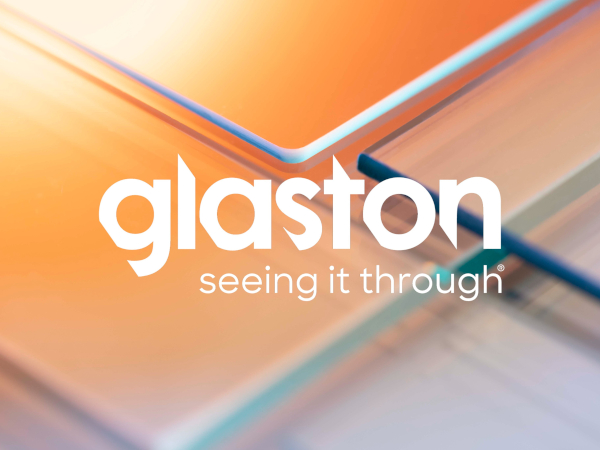


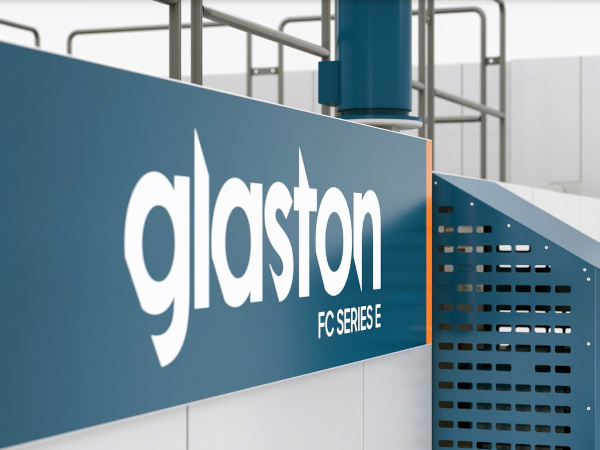


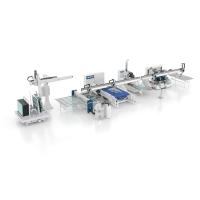
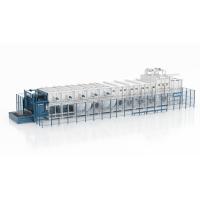

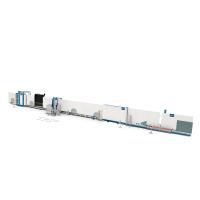
Add new comment